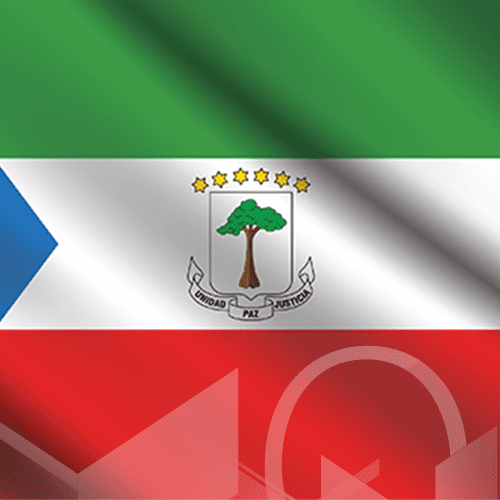
Filter
Sample Reports
Related Links
Equatorial Guinea
Equatorial Guinea is bordered in the north by Cameroon, in the east and south by Gabon, and to the west by the Gulf of Guinea. It has a land mass of 28,051km² and a coastline of 296km, a population of 1.634 million (2021) and a GDP of US$11.66bn.
Petroleum accounts for the vast majority of exports and contributes more than four-fifths of its GDP. The country is well endowed with arable land and mineral resources including gold, uranium, diamonds, columbite-tantalite in addition to gas and oil, which were discovered in the 1990s. It also has unexploited deposits of bauxite, chrome, copper, iron ore, platinum group metals, rare earth oxides and silver.
In power since 1979, President Teodoro Obiang Nguema was re-elected for a six-year term on 26 November 2022 with 94.9% of votes.
In May 2020, Equatorial Guinea signed the country’s first mining contracts in its history after a mining bidding round was held in 2019. The government and three companies signed five exploration contracts for gold, nickel, bauxite, uranium, iron ore, rare earth oxides, platinum group metals, silver, chrome, copper, magnesium, and phosphorus. The government wants to reduce the economy’s dependence on oil by boosting the mining industry to increase state revenue and create jobs. Mining companies are not liable for corporate tax for a mine’s first three years of operation, and no import duty is payable on equipment.
Sources: Who Owns Whom sector reports, CIA Factbook, African Development Bank, World Bank, Trading Economics, African Statistical Yearbook and IMF. ?>
Company Profile
There is no data available at the moment
Sector Research
There is no data available at the moment


